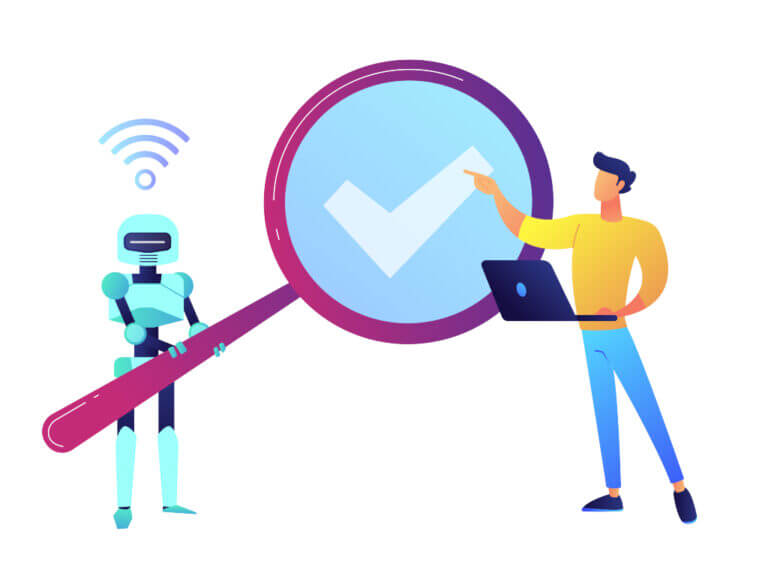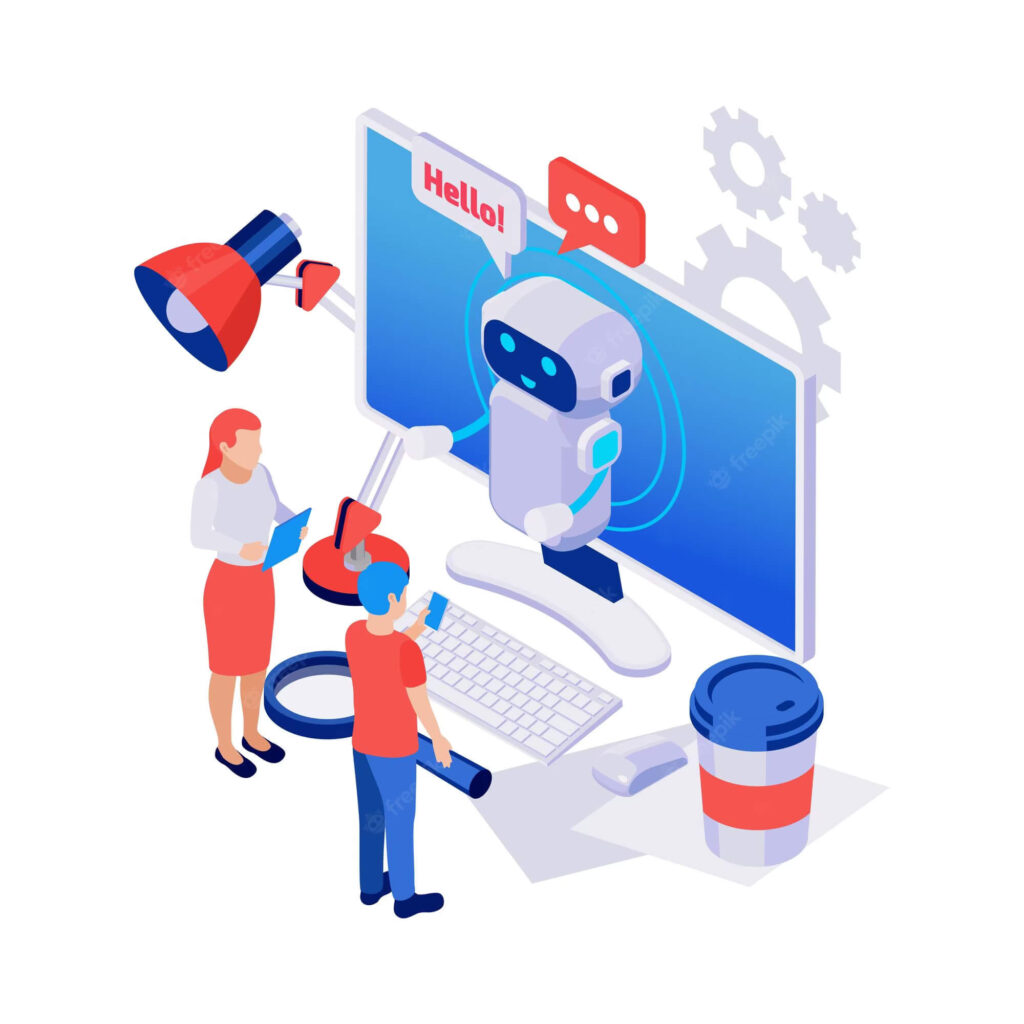AI Job Market in Natural Language Processing (NLP): Opportunities and Skill Requirements

In a world where technology constantly evolves, the AI job market in Natural Language Processing (NLP) stands as a shining beacon of opportunity for those looking to embark on a rewarding career or advance their existing one. But what exactly does this dynamic field entail, and what skills are required to navigate it successfully? Let’s delve deep into the world of NLP jobs, exploring the plethora of opportunities and the essential skills that can set you on a path to success.
Understanding the NLP Landscape
What is Natural Language Processing (NLP)?
Natural Language Processing, or NLP, is the branch of artificial intelligence that focuses on enabling machines to understand, interpret, and generate human language. Essentially, it bridges the gap between humans and computers, allowing us to communicate with machines in a way that feels, well, natural.
The Role of NLP in Today’s World
NLP is everywhere, from virtual assistants like Siri and Alexa to recommendation systems on streaming platforms like Netflix. It powers chatbots, sentiment analysis tools, and even assists in medical diagnoses by analyzing clinical notes. Its applications are as diverse as the languages it understands.
Career Opportunities in NLP
Now that we’ve established what NLP is, let’s talk about the exciting career prospects it offers. The AI job market in NLP is flourishing, with numerous opportunities waiting to be seized:
- NLP Engineer
- What do they do? NLP engineers design and develop NLP systems and applications. They work on algorithms, models, and datasets to improve language understanding and generation.
- Data Scientist
- What do they do? Data scientists in NLP analyze massive datasets to extract valuable insights from textual data. They play a crucial role in training NLP models for various applications.
- Machine Learning Researcher
- What do they do? These professionals push the boundaries of NLP by conducting research to develop novel algorithms and models that can enhance language understanding.
- AI Product Manager
- What do they do? AI product managers oversee the development and deployment of NLP-powered products, ensuring they meet user needs and business goals.
- Linguist or Computational Linguist
- What do they do? Linguists work on linguistic aspects of NLP, helping improve language models and ensuring they capture the nuances of human language.
Skills That Make You Stand Out
Now that you know the exciting opportunities that await you in the NLP job market, let’s dive into the essential skills that can make you a sought-after professional in this field:
- Programming Proficiency: To succeed in NLP, you need to be well-versed in programming languages like Python, Java, or Julia. These languages are the backbone of NLP development.
- Machine Learning Mastery: NLP heavily relies on machine learning techniques. Understanding concepts like deep learning, neural networks, and model training is essential.
- NLP Libraries: Familiarize yourself with NLP libraries like NLTK, SpaCy, and Hugging Face Transformers. These tools streamline NLP development.
- Text Processing Skills: You should be comfortable with text preprocessing, which involves tasks like tokenization, stemming, and lemmatization.
- Domain Knowledge: Depending on your NLP niche, having domain-specific knowledge can be a game-changer. Whether it’s healthcare, finance, or gaming, understanding the industry enhances your value.
- Problem-Solving Skills: NLP often presents complex challenges. Being a creative problem solver can set you apart when tackling these issues.
- Communication Skills: As NLP professionals often work in multidisciplinary teams, effective communication is vital. You need to translate technical jargon into layman’s terms.
- Continuous Learning: The NLP field evolves rapidly. Commit to lifelong learning to stay updated with the latest techniques and trends.
The Path to NLP Success

So, you’re eager to kickstart or advance your career in the thriving NLP job market. What steps can you take to pave your way to success?
- Educational Foundation: Start with a solid educational background in computer science, artificial intelligence, or a related field. Consider pursuing a Master’s or Ph.D. for in-depth knowledge.
- Online Courses and Tutorials: Enroll in online courses and tutorials on platforms like Coursera, edX, and Udacity. They offer a range of NLP-related courses that cater to different skill levels.
- Hands-On Experience: Apply your knowledge through personal projects or internships. Building your NLP portfolio can significantly enhance your credibility.
- Networking: Attend AI and NLP conferences, workshops, and meetups. Networking can open doors to job opportunities and collaborations with experts in the field.
- Certifications: Consider obtaining certifications like the Stanford NLP Certification or the Google NLP Specialization to validate your expertise.
Navigating NLP Job Interviews
Securing a job in the competitive NLP market involves acing interviews. Here are some common interview questions and tips to help you prepare:
- Explain What Word Embeddings Are.
Tip: Provide a concise definition and mention popular techniques like Word2Vec and GloVe.
- What Is the Transformer Architecture, and How Is It Used in NLP?
Tip: Explain the key components of the Transformer architecture and its role in recent breakthroughs in NLP.
- How Do You Handle Textual Data Imbalance in NLP?
Tip: Discuss techniques like oversampling, undersampling, and the use of appropriate evaluation metrics.
- What Is Attention Mechanism, and Why Is It Important in NLP?
Tip: Describe how attention mechanisms improve language understanding in NLP models.
- Can You Explain the Concept of Named Entity Recognition (NER)?
Tip: Define NER and mention its applications, such as information extraction and question answering systems.
The Future of NLP

As technology advances, the AI job market in Natural Language Processing continues to expand. With the rise of low-code and no-code NLP platforms, democratization of NLP is on the horizon. This means more people will be able to harness the power of NLP without extensive coding knowledge.
Additionally, NLP is increasingly used for ethical purposes, such as bias detection and mitigation in AI systems, making ethical considerations a crucial aspect of NLP careers.
In conclusion, the AI job market in Natural Language Processing presents a world of opportunities for those who are passionate about language, technology, and innovation. By honing the right skills, pursuing continuous learning, and staying updated with industry trends, you can embark on a fulfilling journey in the dynamic field of NLP. So, are you ready to dive into the realm of NLP and shape the future of human-computer interaction? The possibilities are boundless, and the adventure awaits!
Frequently Asked Questions (FAQ) – AI Job Market in Natural Language Processing (NLP)
Have questions about the AI job market in Natural Language Processing (NLP) and the opportunities it offers? Look no further! We’ve compiled a list of frequently asked questions to provide you with informative answers.
- What is Natural Language Processing (NLP), and why is it important in the job market?
Natural Language Processing (NLP) is a branch of artificial intelligence (AI) that focuses on enabling machines to understand, interpret, and generate human language. It’s crucial in the job market because it powers various applications like chatbots, virtual assistants, and sentiment analysis tools, creating a high demand for professionals with NLP skills.
- What career opportunities are available in the NLP job market?
The AI job market in NLP offers a wide range of career opportunities, including:
- NLP Engineer: Designing and developing NLP systems.
- Data Scientist: Analyzing textual data and training NLP models.
- Machine Learning Researcher: Conducting research to advance NLP algorithms.
- AI Product Manager: Overseeing the development of NLP-powered products.
- Linguist or Computational Linguist: Enhancing language models for NLP.
- What skills are essential to succeed in the NLP job market?
To excel in NLP, you should have skills such as:
- Programming proficiency in languages like Python.
- Mastery of machine learning concepts.
- Knowledge of NLP libraries like NLTK, SpaCy, and Transformers.
- Text processing abilities, including tokenization and stemming.
- Domain-specific knowledge for specialized applications.
- Problem-solving and communication skills.
- A commitment to continuous learning to stay updated.
- How can I prepare for a career in NLP?
To prepare for a career in NLP:
- Build a strong educational foundation in computer science or AI.
- Enroll in online courses and tutorials to learn NLP concepts and tools.
- Gain hands-on experience through personal projects or internships.
- Network with professionals in the field by attending conferences and meetups.
- Consider obtaining certifications to validate your expertise.
- What are some common interview questions for NLP job positions?
NLP job interviews may include questions like:
- Explain what word embeddings are.
- What is the Transformer architecture, and how is it used in NLP?
- How do you handle textual data imbalance in NLP?
- What is an attention mechanism, and why is it important in NLP?
- Can you explain the concept of Named Entity Recognition (NER)?
Preparing thoughtful answers to these questions can help you succeed in NLP job interviews.
- What does the future hold for the NLP job market?
The future of the NLP job market is promising. It includes:
- Democratization of NLP with low-code and no-code platforms.
- Increased focus on ethical NLP applications like bias detection and mitigation.
- Ongoing growth and diversification of NLP job opportunities as technology evolves.
The NLP field is dynamic and continuously evolving, offering exciting prospects for professionals with the right skills.